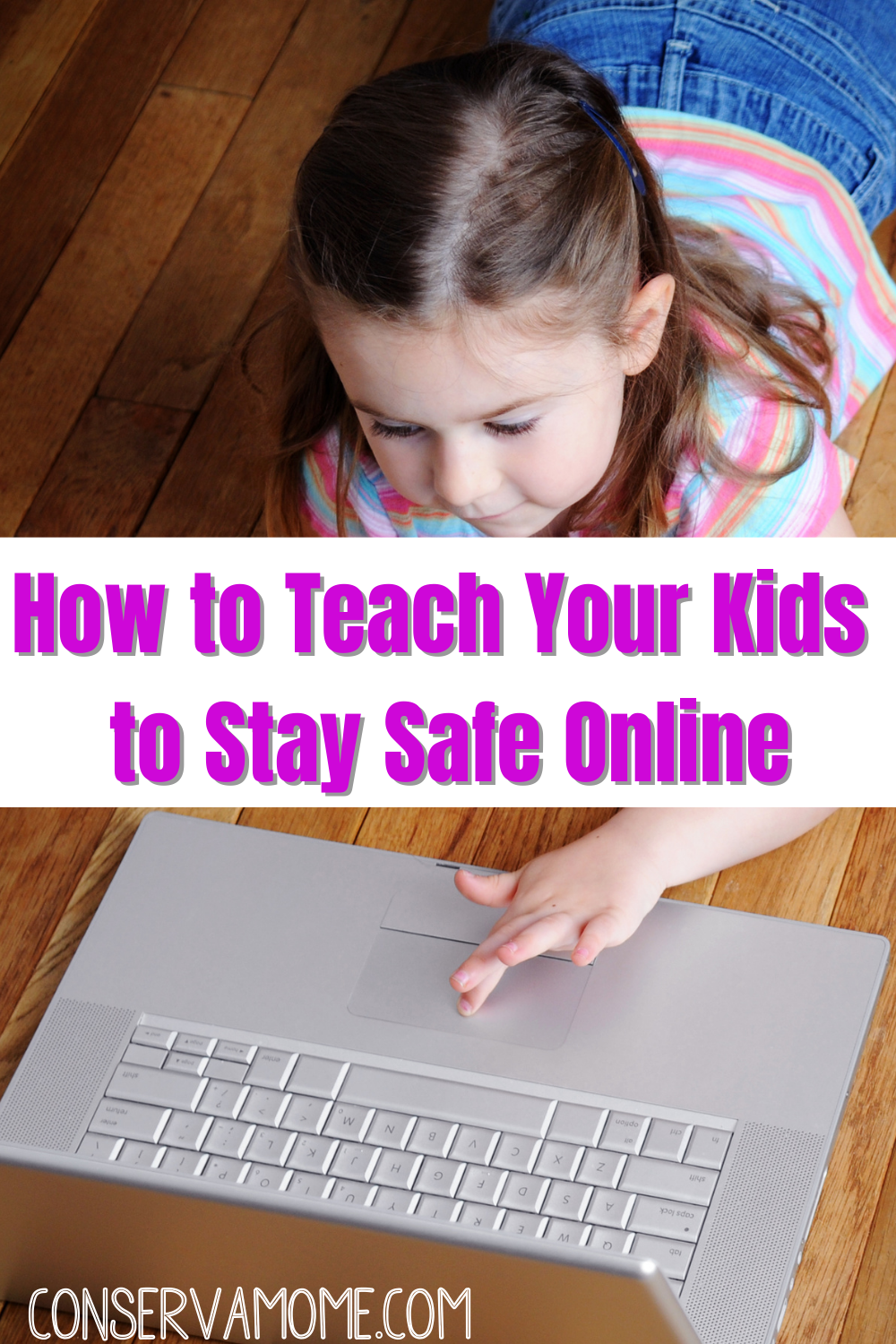N. Our kids are going more and more online because of distance learning and a general trend in society. That’s why it’s important to teach your kids to stay safe online. Check out some tips that will help.
How to Teach Your Kids to Stay Safe Online
As online attacks increasingly target children and young people, it’s become more important than ever before for parents to take steps to ensure that your children learn secure computing habits. They also need to understand the dangers and risks associated with being online and keep their devices protected. Here are some top tips to help you keep your kids safe online.
Use a Virtual Private Network:
If you want to avoid having your location tracked and keep your family protected when using any network, getting a virtual private network (VPN) is the best way forward. A VPN will connect your device to a secure offsite server. It will along use encrypted connections to keep your data safe. A VPN will mask your IP address, meaning that neither your nor your children’s’ location can be tracked online. And, it offers greater connection if you are using risky public free Wi-Fi networks so that it is impossible for cybercriminals to intercept the information. You can get a VPN to use on almost any device in your home including computers, laptops, smartphones, smart TVs, and other common devices.
Know Who They’re Speaking To:
While it’s important for parents to start giving their children some privacy online at a certain age, it’s always a good idea to know who they are speaking to. Teach your children to come to you and let you know about any suspicious messages that they might receive. Also if they are contacted by any one online from people they do not know. If you suspect that somebody is up to no good communicating with your child online you can use Nuwber to find out more about them and get their personal information.
Teach Basic Security Skills:
It’s important to lead by example when it comes to teaching your kids about good online security. This means keeping all home devices like computers, laptops, and smartphones adequately protected with anti-virus software, firewalls, and any other tools that can be used to ensure that the computer is protected from common malware and viruses. Teach your kids about the importance of setting strong passwords for any online accounts that they might have, using different passwords for each account, and never sharing their passwords with anyone else.
Understand Their Skill Level:
Once you have a solid understanding of how good your kids are with computers and technology, it will be easier for you to teach them how to stay safe online. Especially in a way that they will be able to easily understand. For example, younger children or kids who aren’t that familiar with computers might benefit from getting started with computer toys. While kids who have their own laptop that they regularly use for schoolwork and keeping in touch with friends are usually going to have a much greater understanding of how it all works. They will benefit from some comprehensive lessons in online safety.
Explain the Risks:
Kids who understand exactly what’s at stake are more likely to practice online safety. More than those who are just told to but with no real explanation as to why. Educating your child on common scams is important. Scams such as how to recognize phishing emails. Also why it’s always important to vet who they are speaking to online. Most important never give out personal information is crucial.
Today, children are being targeted in online attacks more and more. Keep these tips in mind to keep your kids safe.

Leave A Reply!